Union Hardware Company Roller Skates Inventor
 A list of famous inventors from Archimedes to Tim Berners-Lee.
A list of famous inventors from Archimedes to Tim Berners-Lee.
1001 Inventions That Changed the Globe at Amazon. A expect into the numerous inventions we now have for granted by bang-up inventors such as Archimedes, Galileo, Leonardo da Vinci, Louis Pasteur, Marie Curie, Alan Turing and Steve Jobs.
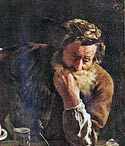
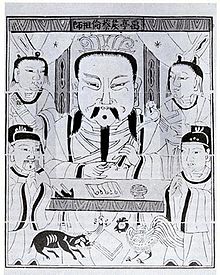 Cai Lun (50–121 CE), Chinese inventor of paper. Cai Lun was a Chinese political administrator credited with inventing mod newspaper and inventing the paper-making process. His invention included the employ of raw materials such as bawl, hemp, silk and line-fishing net. The sheets of fibre were suspended in h2o before removing for drying.
Cai Lun (50–121 CE), Chinese inventor of paper. Cai Lun was a Chinese political administrator credited with inventing mod newspaper and inventing the paper-making process. His invention included the employ of raw materials such as bawl, hemp, silk and line-fishing net. The sheets of fibre were suspended in h2o before removing for drying.
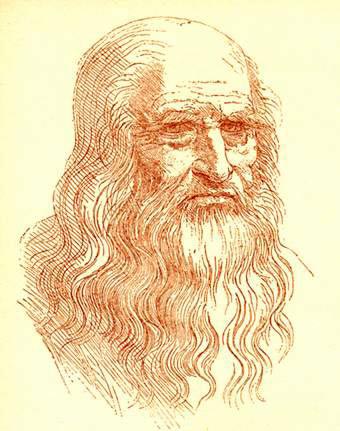
 Galileo (1564–1642) Italian scientist. Galileo developed a powerful telescope and confirmed revolutionary theories near the nature of the world. Also adult an improved compass.
Galileo (1564–1642) Italian scientist. Galileo developed a powerful telescope and confirmed revolutionary theories near the nature of the world. Also adult an improved compass.
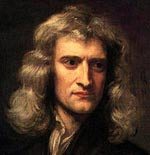 Sir Isaac Newton (1642–1726) English language scientist. Newton invented the reflecting telescope. This profoundly improved the capacity of telescopes and reduced optical distortion. Newton was also a groovy physicist and astronomer.
Sir Isaac Newton (1642–1726) English language scientist. Newton invented the reflecting telescope. This profoundly improved the capacity of telescopes and reduced optical distortion. Newton was also a groovy physicist and astronomer.
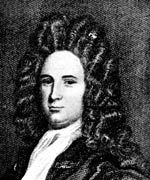
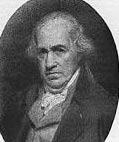
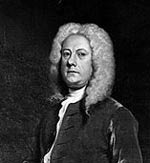
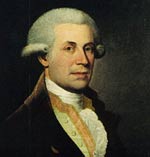
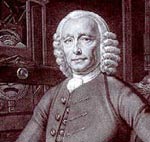 John Harrison (1693–1776) English carpenter and clockmaker. He invented a device for measuring longitude at sea. This was a crucial invention to amend the safety of navigating the oceans.
John Harrison (1693–1776) English carpenter and clockmaker. He invented a device for measuring longitude at sea. This was a crucial invention to amend the safety of navigating the oceans.
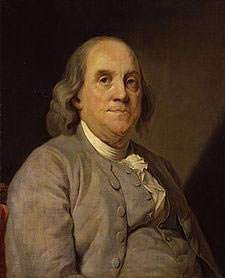
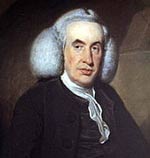
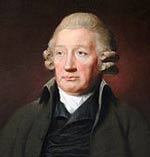
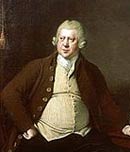
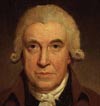 James Watt (1736–1819) Scottish inventor of the steam engine, which was suitable for use in trains. His invention of a dissever condensing chamber greatly improved the efficiency of steam. It enabled the steam engine to be used for a greater range of purpose than just pumping water.
James Watt (1736–1819) Scottish inventor of the steam engine, which was suitable for use in trains. His invention of a dissever condensing chamber greatly improved the efficiency of steam. It enabled the steam engine to be used for a greater range of purpose than just pumping water.
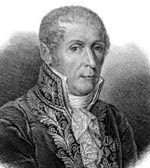
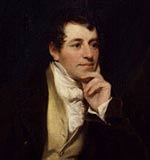
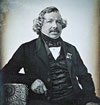
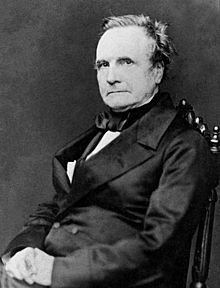 Charles Babbage (1791–1871) English mathematician and inventor. Babbage created the commencement mechanical reckoner, which proved to be the image for future computers. Considered to be the 'Father of Computers,' despite not finishing a working model.
Charles Babbage (1791–1871) English mathematician and inventor. Babbage created the commencement mechanical reckoner, which proved to be the image for future computers. Considered to be the 'Father of Computers,' despite not finishing a working model.
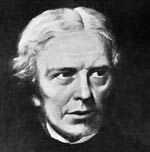 Michael Faraday (1791–1867) English scientist who helped catechumen electricity into a format that could be hands used. Faraday discovered benzene and as well invented an early class of the Bunsen burner.
Michael Faraday (1791–1867) English scientist who helped catechumen electricity into a format that could be hands used. Faraday discovered benzene and as well invented an early class of the Bunsen burner.
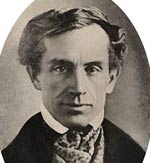
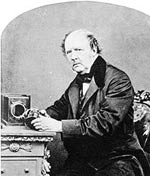
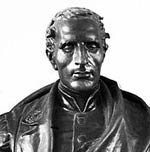
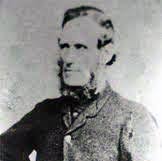
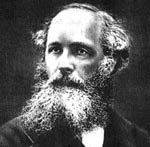 James Clerk Maxwell (1831–1879) Scottish physicist and inventor. Maxwell invented the get-go process for producing color photography. Maxwell was also considered one of the greatest physicists of the millennium.
James Clerk Maxwell (1831–1879) Scottish physicist and inventor. Maxwell invented the get-go process for producing color photography. Maxwell was also considered one of the greatest physicists of the millennium.
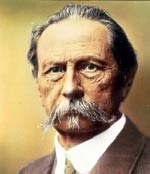
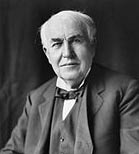
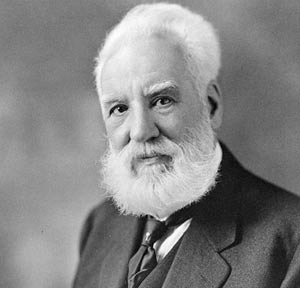 Alexander Bell (1847–1922) Scottish scientist credited with inventing the first practical telephone. Also worked on optical telecommunications, helmsmanship and hydrofoils.
Alexander Bell (1847–1922) Scottish scientist credited with inventing the first practical telephone. Also worked on optical telecommunications, helmsmanship and hydrofoils.
 Nikola Tesla (1856–1943) American Physicist who invented fluorescent lighting, the Tesla gyre, the induction motor, 3-stage electricity and Air-conditioning electricity.
Nikola Tesla (1856–1943) American Physicist who invented fluorescent lighting, the Tesla gyre, the induction motor, 3-stage electricity and Air-conditioning electricity.
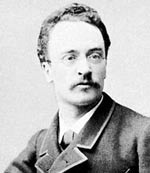
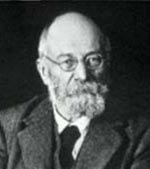
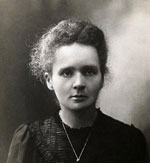 Marie Curie (1867–1934) Smooth-born French chemist and physicist. Curie discovered Radium and helped make use of radiation and 10-rays.
Marie Curie (1867–1934) Smooth-born French chemist and physicist. Curie discovered Radium and helped make use of radiation and 10-rays.
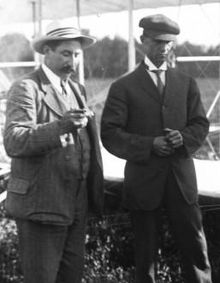 The Wright Brothers (1871–1948) American inventors who successfully designed, built and flew the first powered aircraft in 1903.
The Wright Brothers (1871–1948) American inventors who successfully designed, built and flew the first powered aircraft in 1903.
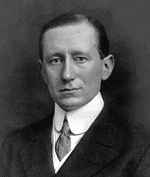
 Alexander Fleming (1881–1955), Scottish scientist. Fleming discovered the antibiotic penicillin by accident from the mould Penicillium Notatum in 1928.
Alexander Fleming (1881–1955), Scottish scientist. Fleming discovered the antibiotic penicillin by accident from the mould Penicillium Notatum in 1928.
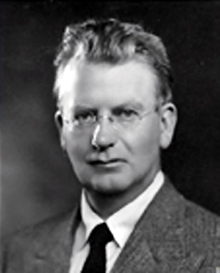 John Logie Baird (1888–1946) Scottish inventor who invented the television and the outset recording device.
John Logie Baird (1888–1946) Scottish inventor who invented the television and the outset recording device.
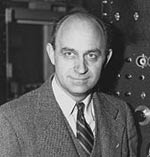
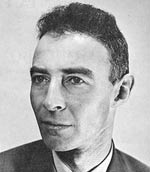
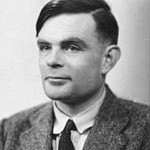 Alan Turing (1912–1954) English 20th century mathematician, pioneer of computer science. He developed the Turing machine, capable of automating processes. Information technology could exist adjusted to simulate the logic of any computer algorithm.
Alan Turing (1912–1954) English 20th century mathematician, pioneer of computer science. He developed the Turing machine, capable of automating processes. Information technology could exist adjusted to simulate the logic of any computer algorithm.
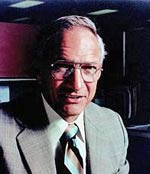
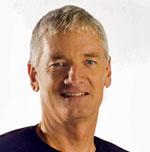
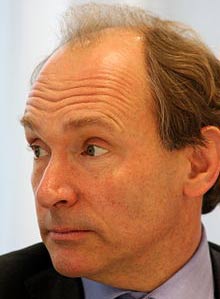 Tim Berners-Lee (1955– ) British estimator scientist. Tim Berners-Lee is credited with inventing the Globe Wide Web, which enabled the cyberspace to display websites viewable on internet browsers. He adult the http:// protocol for the internet and made the world wide web freely available.
Tim Berners-Lee (1955– ) British estimator scientist. Tim Berners-Lee is credited with inventing the Globe Wide Web, which enabled the cyberspace to display websites viewable on internet browsers. He adult the http:// protocol for the internet and made the world wide web freely available.
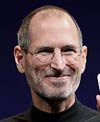
Citation: Pettinger, Tejvan. "Famous inventors", Oxford, UK.www.biographyonline.net 23rd October 2013. Last updated 1 March 2019.
1001 Inventions That Changed the Earth

1001 Inventions That Changed the Globe at Amazon. A look into the numerous inventions we now take for granted. How they came into being and how we use.
Related pages
 Scientists – Famous scientists from Aristotle and Archimedes to Albert Einstein and Charles Darwin. Including mathematicians, biologists, physicists and chemists.
Scientists – Famous scientists from Aristotle and Archimedes to Albert Einstein and Charles Darwin. Including mathematicians, biologists, physicists and chemists.
Famous Engineers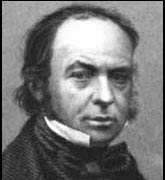
 Entrepreneurs – Famous entrepreneurs who have ready and created successful businesses, including Henry Ford, Anita Roddick, Steve Jobs and Bill Gates.
Entrepreneurs – Famous entrepreneurs who have ready and created successful businesses, including Henry Ford, Anita Roddick, Steve Jobs and Bill Gates.
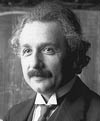
- Pinnacle 10 inventors
- Famous inventions that inverse the world
- People of the industrial revolution
You can read more than at our privacy page, where yous tin can change preferences whenever you wish.
0 Response to "Union Hardware Company Roller Skates Inventor"
Post a Comment